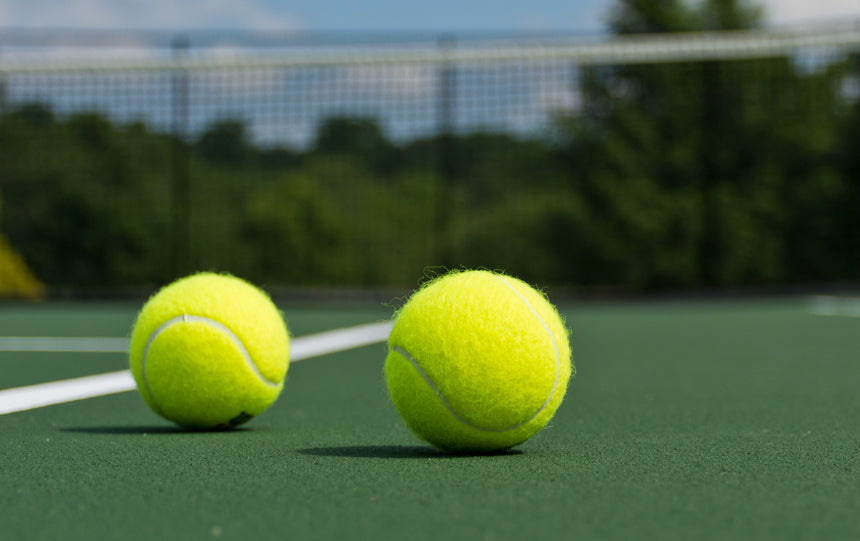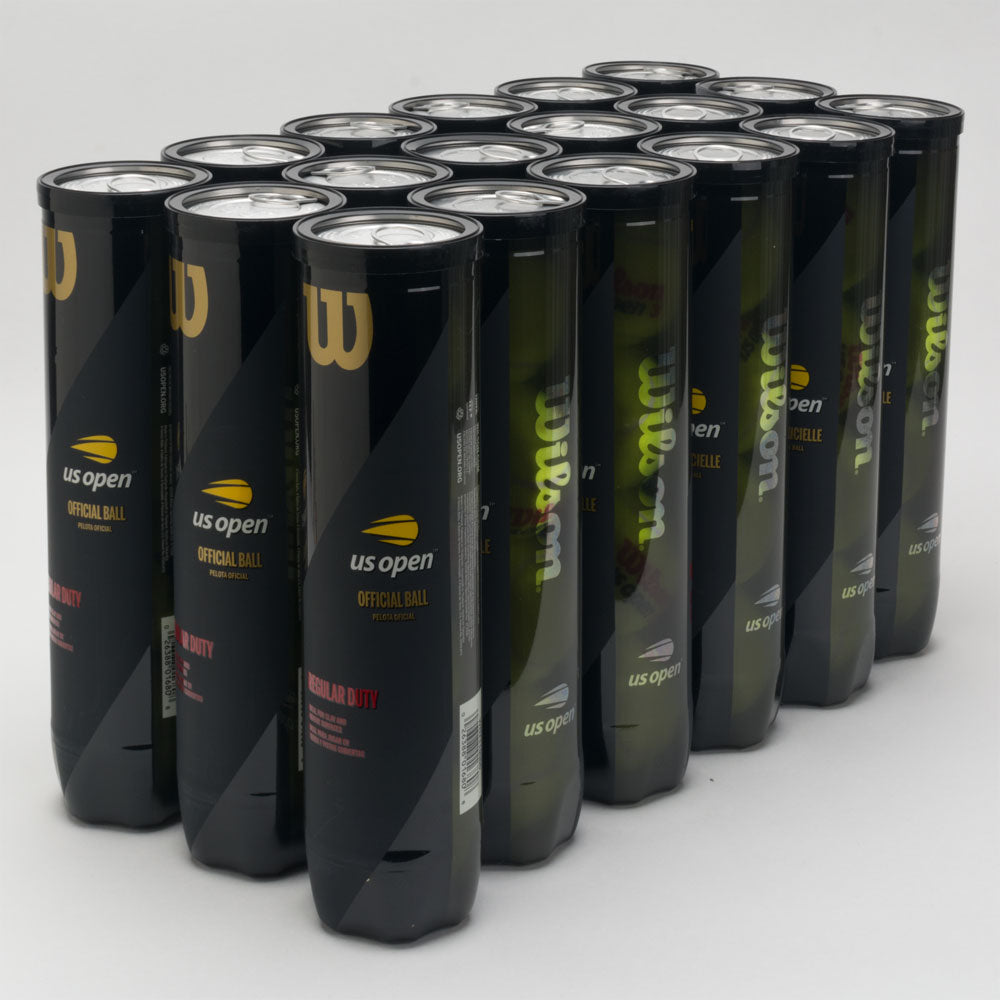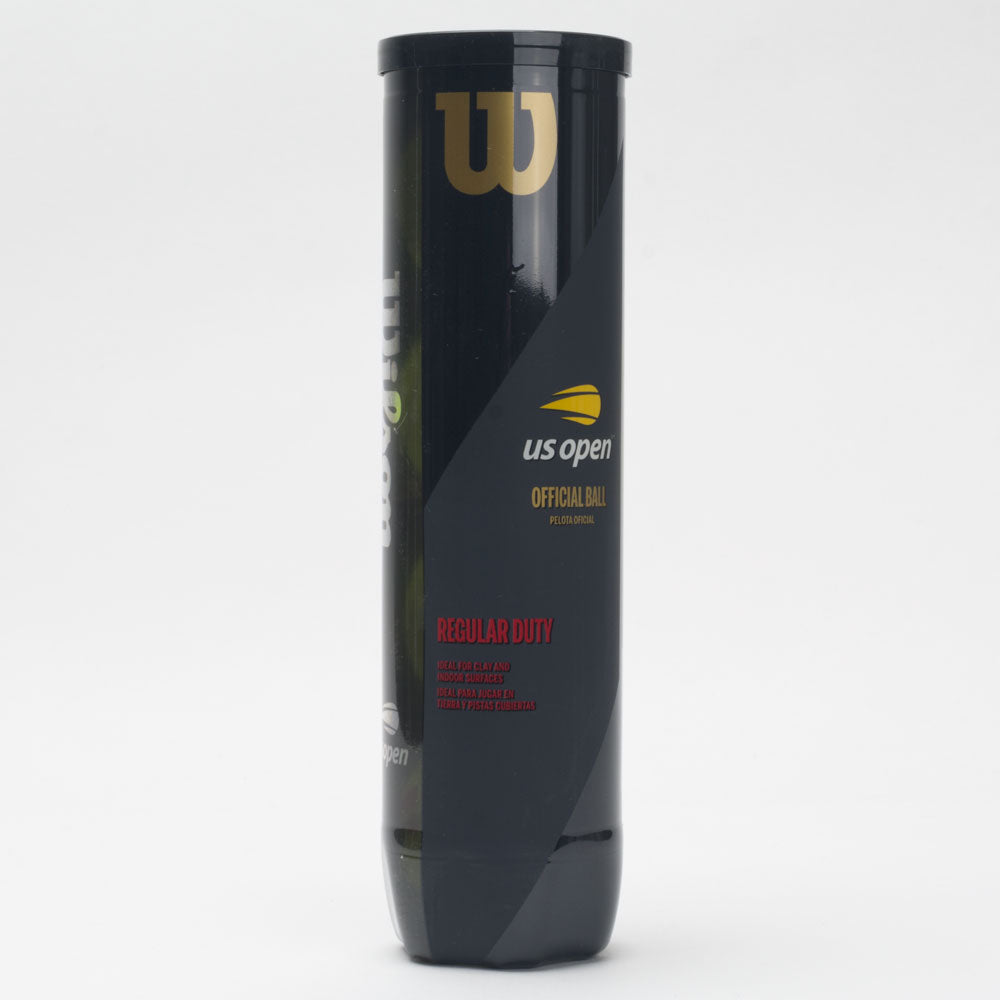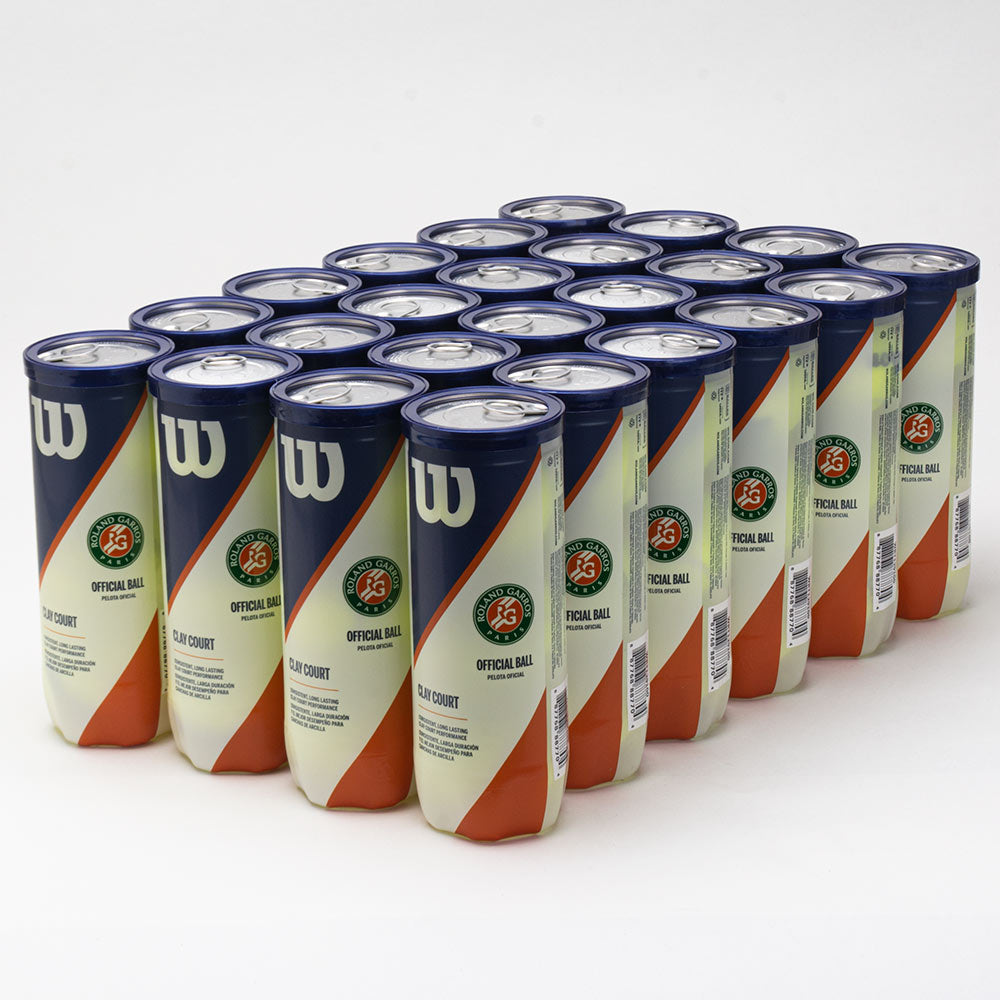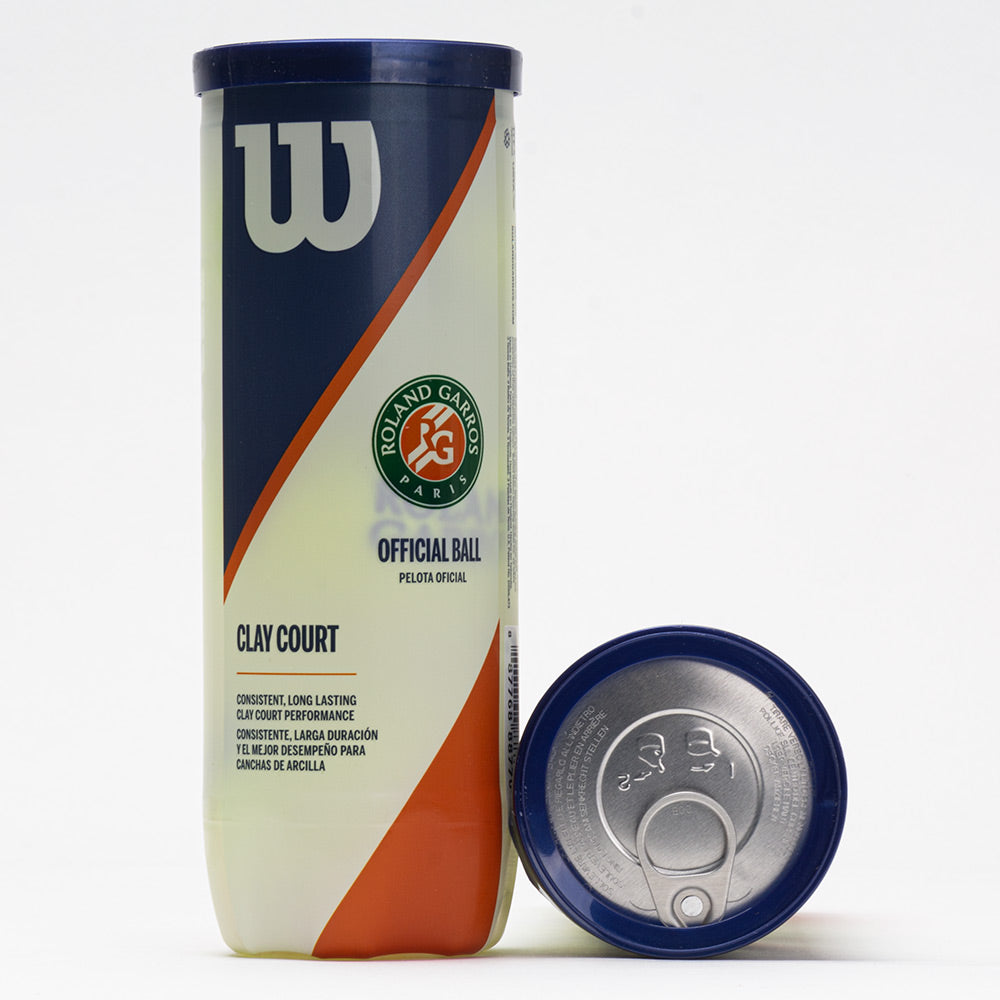Don’t let a dead tennis ball keep you off the court! Be prepared for your next game or practice by stocking up on fresh tennis balls from the brands you trust. From practice tennis balls to professional tennis balls, we have a full spectrum of options to meet your needs!
What type of tennis ball do you need?
Tennis balls are manufactured for a wide variety of players, court surfaces, and environments. But with so many options out there, how do you know which to choose? To start, select the level that is appropriate for your current ability as well as your desired style of play.
There are three basic “levels” of tennis balls, each catering to a specific skill set and intended use: practice/recreational, championship, and professional.
Practice Tennis Balls/Recreational Tennis Balls
Practice/recreational tennis balls are not intended for USTA play. They are, however, perfect for super-casual gameplay among friends as well as for use in ball machines and general practice sessions. Coaches and players alike love the low cost and long lifespan of practice balls. Practice balls can be either pressurized like other higher-end tennis balls or pressureless.
Pressureless tennis balls are great for beginners as well as folks wanting to log some practice hits. Because they are not pressurized, they are heavier, slower, and they maintain a more consistent bounce over their lifetime. These firmer, longer-lasting tennis balls are also a great option for ball machines.
Starter tennis balls are a subset of practice/recreational balls designed specifically for children and adults who are just learning to play tennis. Starter tennis balls are divided into three color-coded stages:
- Stage 3 (red): Perfect for young children, usually younger than 10 years old, stage 3 tennis balls are designed to be used on a 36-foot court. Red tennis balls allow young players to build the skills and coordination that are the foundation of good tennis players.
- Stage 2 (orange): Designed to be used on a 60-foot court, stage 2 tennis balls are the next step up from red stage 3 tennis balls. They are still slow enough to allow for proper skill progression while also providing a bit more of a challenge to developing players.
- Stage 1 (green): Stage 1 tennis balls are the final phase before graduating to practice/recreational tennis balls. They are designed to be used on a full-size court, but they still feature a slightly lower bounce so that young players can continue to work on their technique while adjusting to playing on a 78-foot court.
Foam tennis balls are another great option for anyone just learning how to play tennis. They are specifically designed for slower play and allow players to ease into the game and hone their skills at a more manageable pace.
Championship Tennis Balls
Championship tennis balls are of higher quality and construction than practice/recreational balls. The pressure, material, durability, and price of these tennis balls is intermediate, and championship tennis balls are excellent for practice matches, friendly competitive games, and junior tournaments.
Professional Tennis Balls
Professional tennis balls are the cream of the crop and the best quality you can get. This high quality comes with an equally high price tag, but that ensures that the felt resists fraying and the tennis balls maintain a consistent high pressure you can enjoy throughout the entire match. Professional tennis balls are used in USTA tournaments and league play.
Once you’ve selected your tennis ball level, it’s time to determine what type is best suited for your skillset as well as where you plan to play.
Regular-Duty Tennis Balls
Regular-duty tennis balls are ideal for gameplay on soft clay and indoor courts. The thinner felt of regular-duty tennis balls makes them absorb less clay on impact, but it also means they won’t last as long if you play with them on hard courts.
Extra-Duty Tennis Balls
Extra-duty tennis balls are made with a felt that contains more wool, making it better able to withstand the rigors of hard-court play.
High-Altitude Tennis Balls
High-altitude tennis balls, as the name implies, are designed for play in high altitudes. Because higher altitudes can make pressurized tennis balls bounce higher and travel faster, players who will be playing at or above 4,000 feet above sea level should consider high-altitude tennis balls. These tennis balls counteract the increased bounce and speed at high altitudes for gameplay that feels more like what players are used to at lower altitudes.
How long will a tennis ball last?
Pressurized balls use internal air pressure for increased bounce and speed, but that pressure gradually releases over time and makes the ball slower and less bouncy. Many people find that they get about two weeks out of a tennis ball, but your mileage may vary depending on how often you play, how hard you hit, how much bounce you’re willing to sacrifice, and how often you want to replace your tennis balls.

